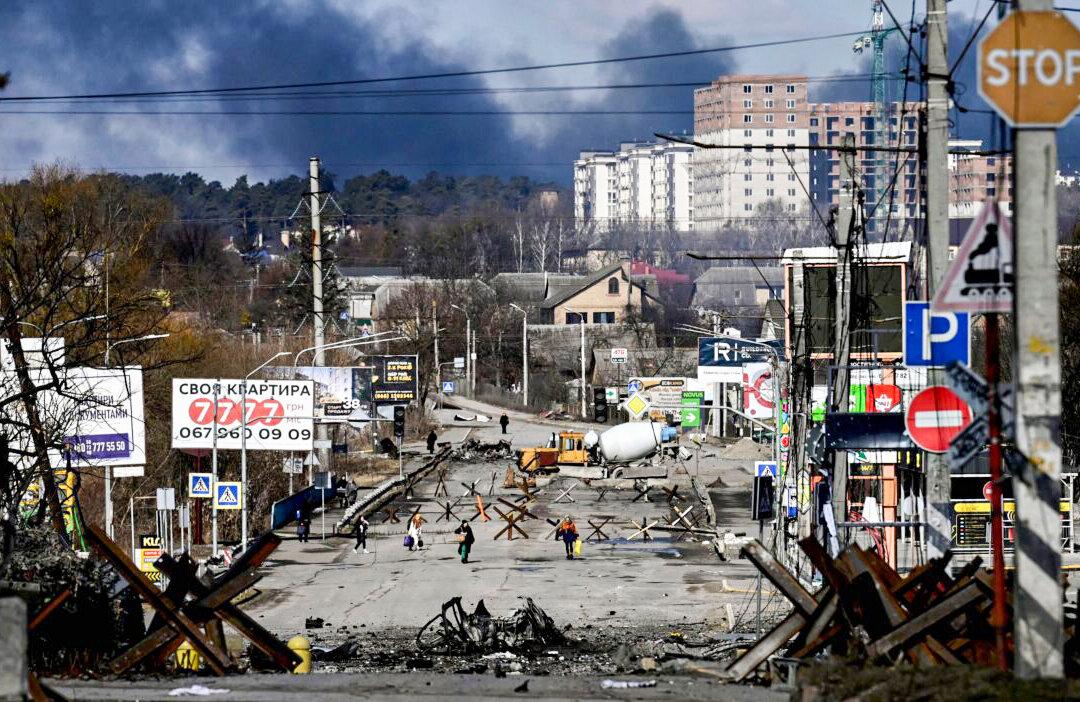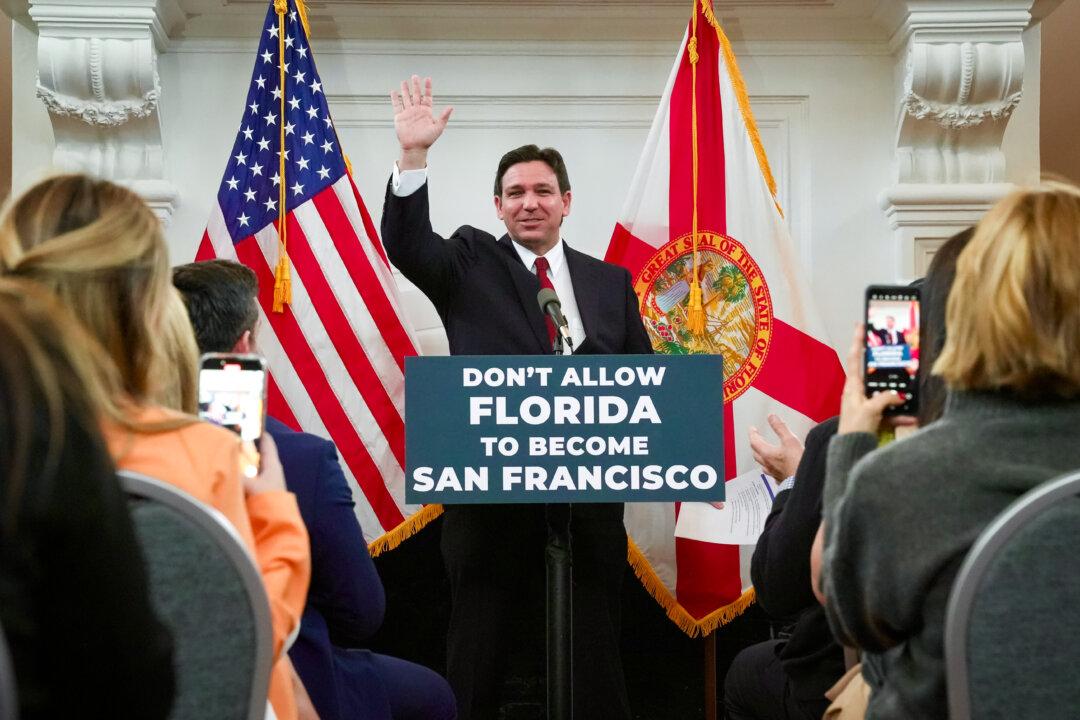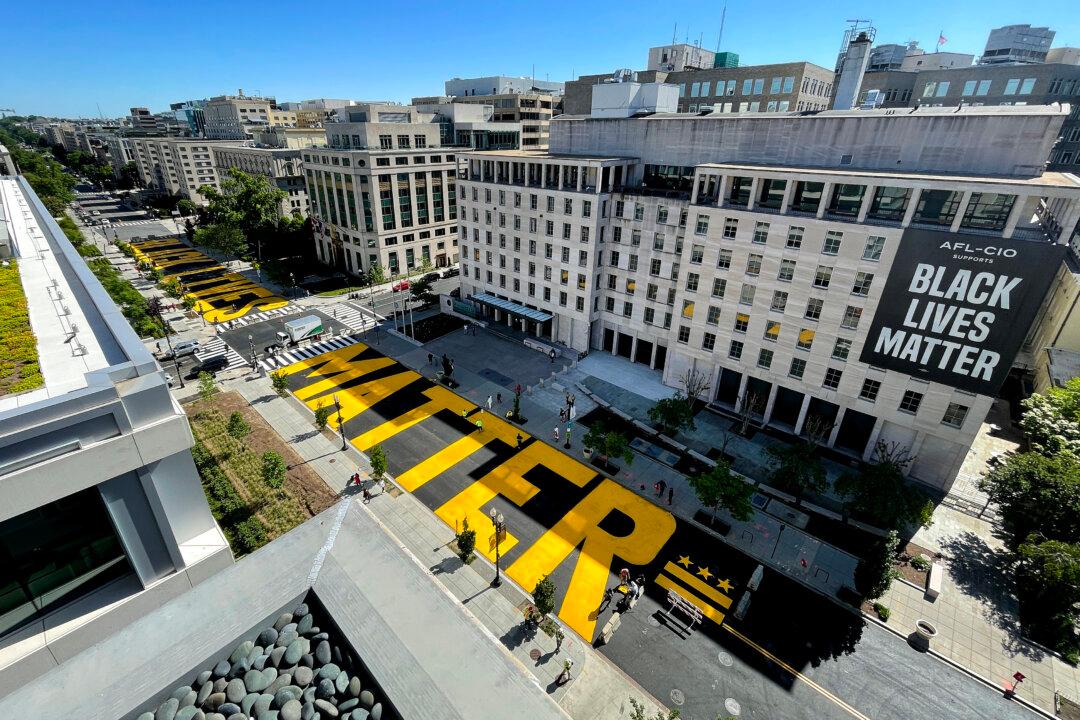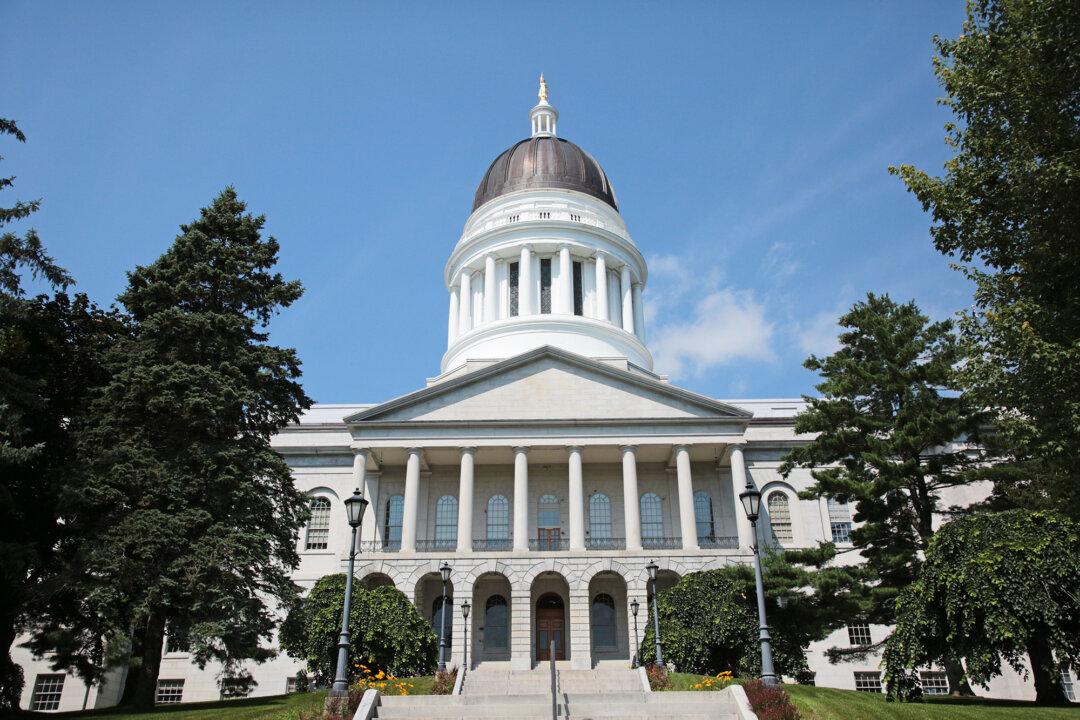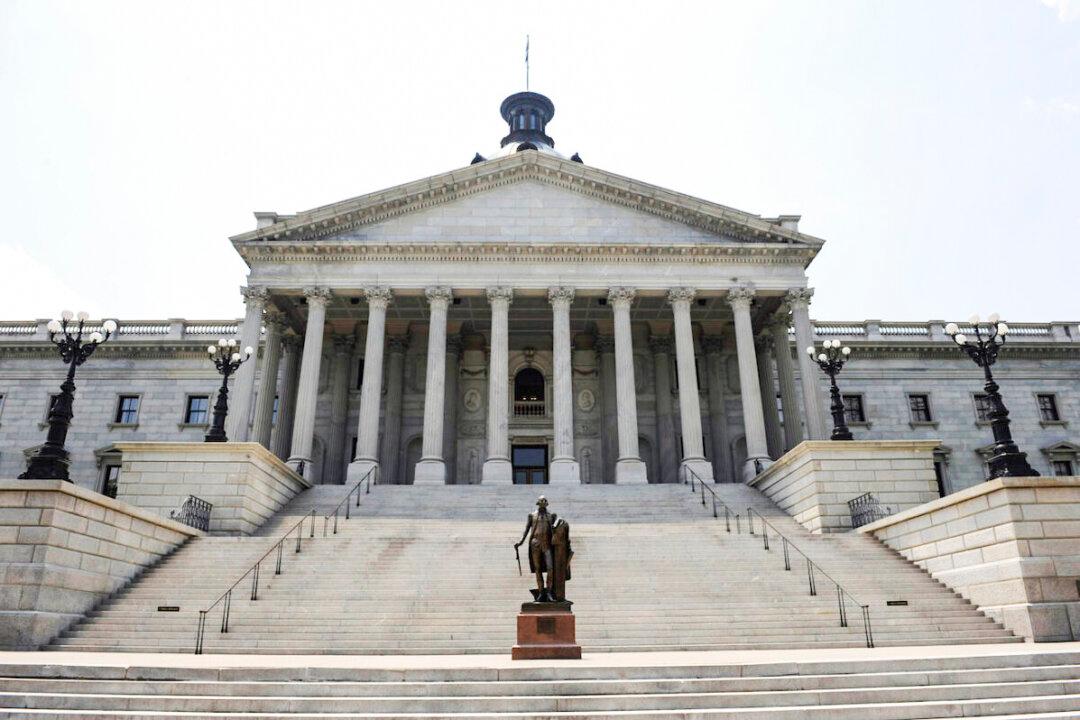The first thing David heard about Russia’s war on Ukraine was the explosion near his apartment in Kyiv.
David, an American who asked not to use his full name, has lived in Ukraine on and off since 2015. After COVID-19 travel restrictions ended, he visited Kyiv again.
